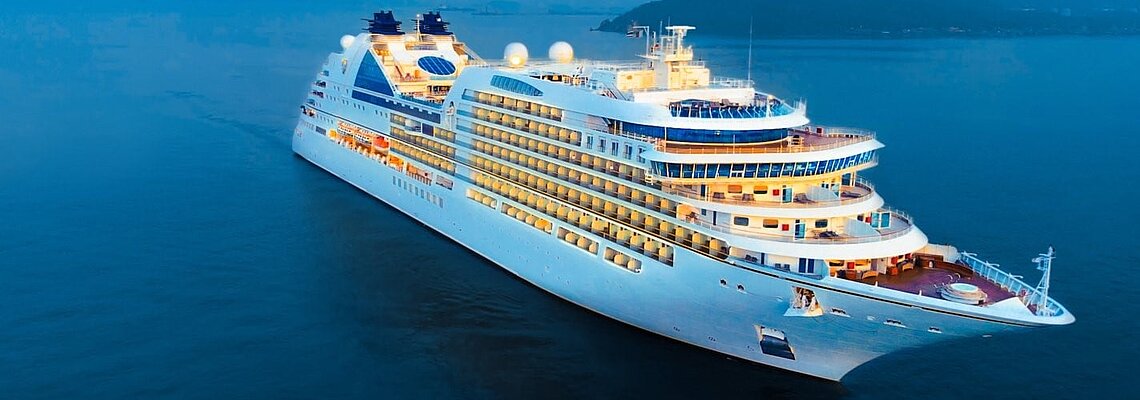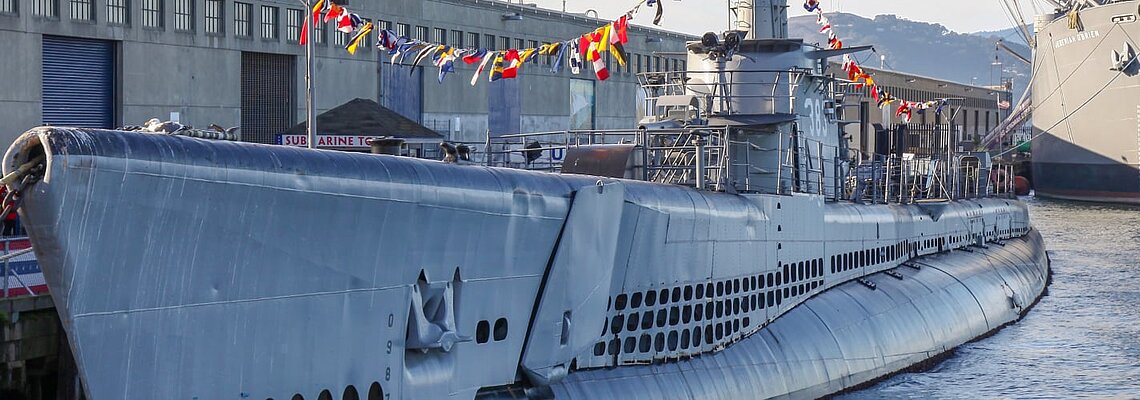
What do you do if you’re out at sea and the ship loses power? In the global maritime industry, there are many types of vessels, including cargo ships, cruise liners, military platforms, and support vessels that must be able to withstand harsh operating conditions and lengthy durations in service. Onboard critical electrical systems must be designed for maximum availability and resilience to protect against the risk of fire, failure, and shutdown, any of which could be catastrophic. The safety of crew and passengers onboard must be considered along with the potential risks and hazards brought by power loss in this often severe environment.
Designing ships for maximum availability
Generally, ships have ungrounded power systems. Their generators, distribution, propulsion, and control and automation systems are monitored in real time either online or offline, to forewarn of potential insulation degradation. Sophisticated monitoring technologies from Bender are designed to withstand harsh marine conditions and are used globally on vessels ranging from submarines to cruise liners, protecting against the dangerous consequences of electrical failure.
The challenge
Ground faults on ships can be detrimental if not resolved quickly. Thankfully, any electrical system can be monitored with devices that can also communicate system status. Detecting faults before a system fails enables planned and predictive maintenance instead of emergency action in what can be life-threatening situations.
A challenge for maintenance engineers is knowing when and where faults are going to occur on a large vessel. An ungrounded power or control system with an insulation monitoring device (IMD) and fault location device (EDS) automatically alarms and locates insulation faults, directing crews to developing issues, and reducing the effort and time associated with manual fault finding – a huge task onboard any working vessel.
Other devices for maximizing availability
Insulation monitoring can be widely applied to different system types and can easily monitor high-frequency systems. This is ideal for military ships in which high-frequency supplies to radar, sonar and weaponry must be available at all times. This technology can also monitor offline safety-critical loads such as fire-fighting equipment, emergency pumps and winches.
Areas that are supplied by grounded systems, such as galleys, accommodation, and laundry services can be protected by multi-channel residual current monitors (RCM). These areas, though not as critical, can also experience ground faults. RCM can detect an emerging problem much earlier than a manual examination, allowing repairs to be carried out before entire areas must be shut down or people suffer from electric shock.
For more information about this application or to learn more about Bender technology related to your specific application, contact our team of experts.
This article is for informational purposes only. Bender provides the information "as is" without warranty and is not responsible for its accuracy or reliability. No warranties are given regarding its suitability for any specific circumstances.


